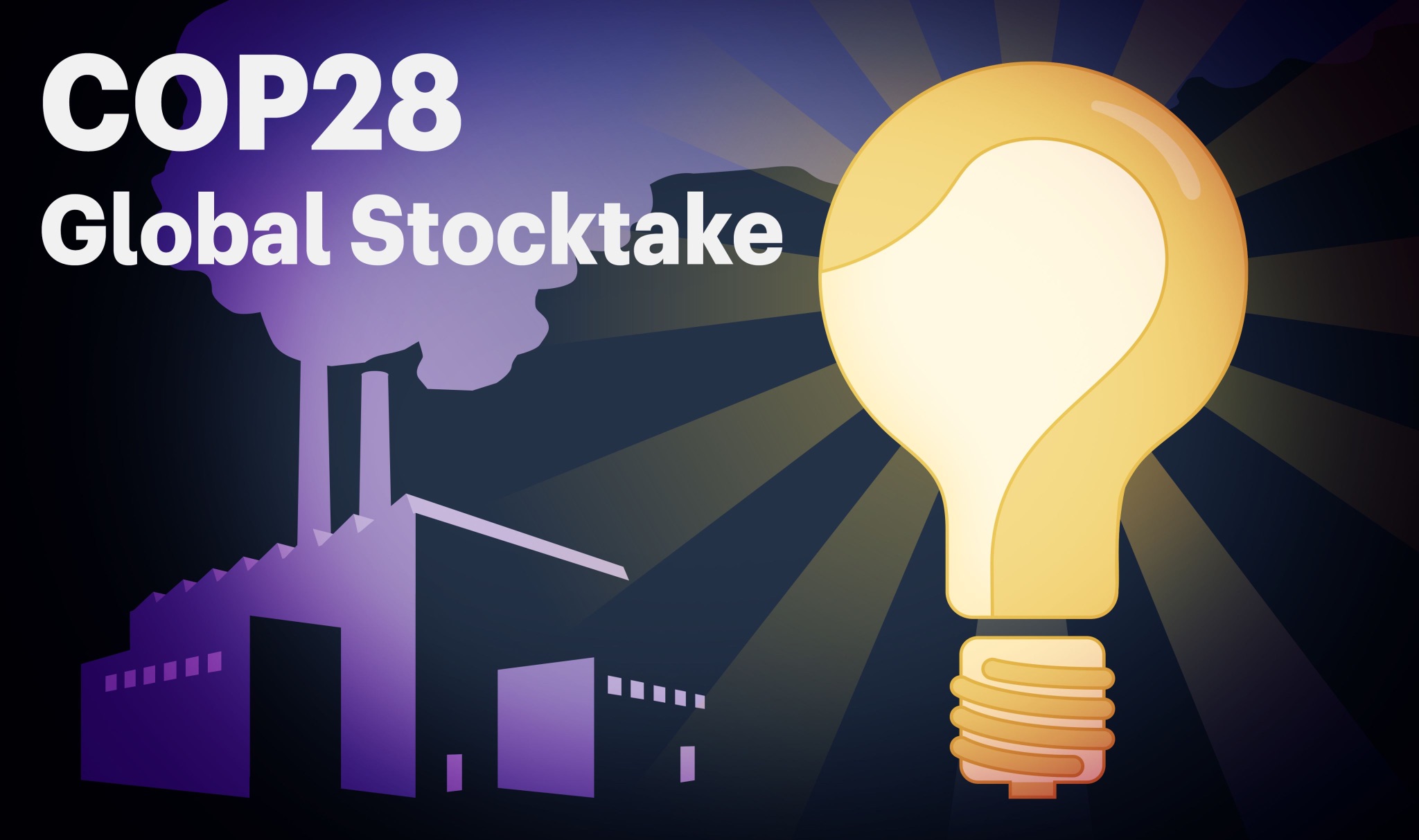Global Stocktake should account for failures of developed nations: BASIC nations at COP28 (The Hindu)

- 04 Dec 2023
Why is it in the News?
The BASIC grouping, comprising Brazil, South Africa, India and China, has pushed during annual climate talks here that the Global Stocktake should also account for the failures of the developed nations.
About Global Stocktake:
- The global stocktake serves as a mechanism for nations and stakeholders to collectively assess their progress in achieving the objectives outlined in the Paris Climate Change Agreement, highlighting areas of success and areas needing improvement.
- In essence, it is akin to taking inventory on a global scale.
- Essentially, the global stocktake involves a comprehensive examination of everything related to the world's status regarding climate action and support.
- It entails identifying gaps and collaboratively strategizing to steer a more effective course towards accelerating climate action.
- This evaluation occurs every five years, with the inaugural stocktake scheduled to conclude at COP28.
- Background: In 2015, during COP21 in Paris, it became obligatory for all countries to establish emissions reduction targets and adapt to climate change impacts, known as Nationally Determined Contributions (NDCs).
- The agreement mandated that countries evaluate their progress, starting in 2023 and subsequently every five years.
- Initial Assessment: The UN released a technical report on the first Global Stocktake in September 2023.
- According to this report, while the global community demonstrated some progress, it fell short of the necessary scale.
- The report emphasizes the need to expedite implementation, adopting an all-of-society approach to enhance ambition across all aspects, aligning with the goals of the Paris Agreement and addressing the climate crisis.
- The report acknowledges existing progress but underscores the urgency for more concerted efforts.
- Recognizing well-known gaps, the technical findings also spotlight opportunities and creative solutions, addressing both current challenges and those emerging.
- Additionally, the report notes that the average global temperature has risen by nearly 1.2 degrees Celsius since pre-industrial times.
